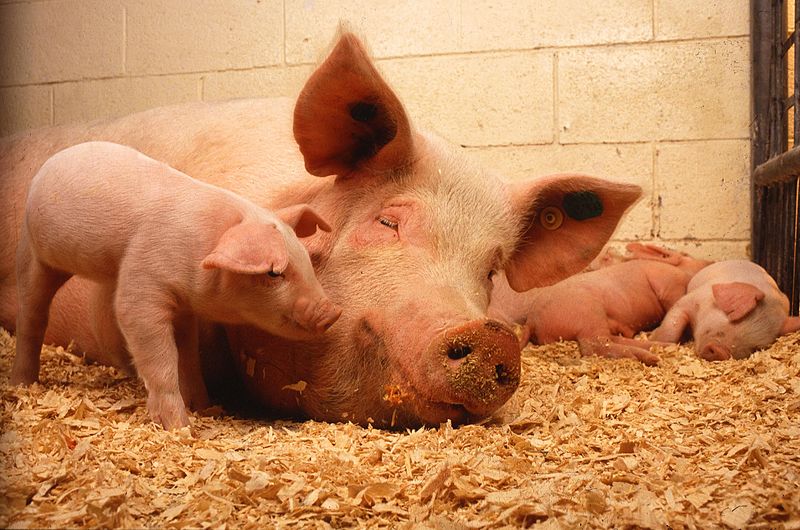An outbreak of African Swine Fever (ASF) has been reported in the Northern Cape Province in the Springbok area after movement of pigs from the Kimberley area. This falls outside of the ASF controlled areas of the country. The Northern Cape Provincial Veterinary Services are doing follow-up investigations and control measures are being applied for this outbreak.

African swine fever is a severe hemorrhagic disease of pigs. Pigs become sick at a rapid pace and the disease can result in a great number of the death of pigs in a short span of time. Severe cases of the disease are characterized by high fever where pigs die quickly within two to ten days. Deaths can be as high as 100% and the disease spreads quickly between contacted pigs. Other clinical signs may include: abortion in pregnant sows, pigs that don’t want to eat, depression, difficulty breathing, vomiting, bleeding from the nose or rectum, diarrhea and redness of the skin of the ears, abdomen and legs. Some forms of the virus produce less intense diseases, though deaths can still range from 30 to 70%. Chronic disease symptoms include loss of weight, intermittent fever, respiratory signs, chronic skin ulcers and arthritis. ASF does not affect humans.
Global animal health situation addressed at 86th OIE General Session
The disease is transmitted by contact with infected pigs/ticks or through feeding of infected swill. Farmers and speculators are advised to only buy pigs that come from a healthy herd and avoid buying from unknown suppliers at auctions. Under no circumstances should swill (kitchen waste) be fed to pigs unless it has been boiled for an hour in order to inactivate the ASF virus and other diseases of concern. Thus pig keepers throughout South Africa are advised to be extremely careful as to where they buy pigs and what they feed pigs as this disease can be devastating to their herd.


